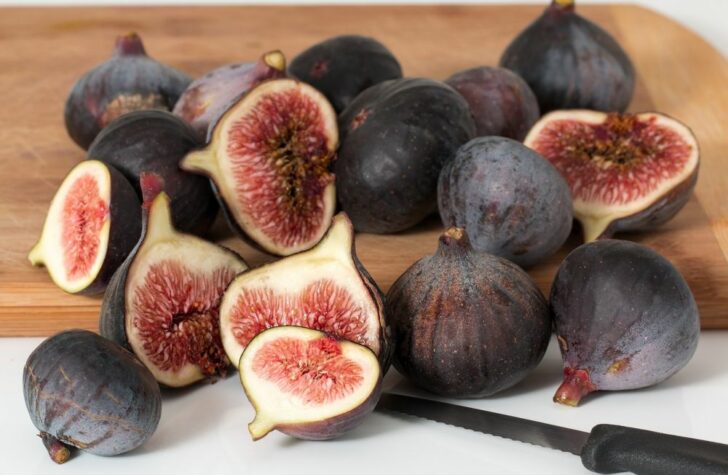Keto Greens: Unlocking the Power of Low-Carb Vegetables

Introduction:
In recent years, the keto diet has gained significant popularity for its remarkable weight loss and health benefits. As a result, individuals are constantly exploring new ways to incorporate low-carb alternatives into their meals. This article will provide an in-depth analysis of “keto vegetables” and everything one needs to know about them.
What are Keto Vegetables?

Keto vegetables, also known as low-carb vegetables, are a crucial component of the ketogenic diet. Unlike starchier vegetables, such as potatoes and corn, keto vegetables contain minimal carbohydrates, making them a perfect fit for those following a low-carb lifestyle. These nutrient-rich greens not only provide essential vitamins and minerals but also assist in maintaining ketosis, a state in which the body burns fat for fuel instead of carbohydrates.
Important Considerations for Keto Enthusiasts
:
1. Carbohydrate Content: It’s essential to choose vegetables with low carbohydrate content to keep your keto diet intact. Leafy greens like spinach, kale, and lettuce, alongside cruciferous vegetables such as broccoli, cauliflower, and cabbage, are excellent choices.
2. Fiber Content: Opt for vegetables that are high in fiber, as it aids digestion and keeps you feeling full. Fiber-rich choices include brussels sprouts, asparagus, and zucchini.
3. Net Carbs: Net carbs refer to the total carbohydrate content minus the fiber content. Monitoring net carbs is crucial, as keeping them low helps maintain ketosis. Cruciferous vegetables, avocados, and leafy greens have exceptionally low net carb counts.
4. Glycemic Index: Some vegetables have a higher glycemic index, resulting in a rapid spike in blood sugar levels. It is advisable to avoid or limit high-glycemic vegetables like carrots and peas, as they may hinder your progress on the keto diet.
The Evolution of Keto Vegetables
:
Keto vegetables have evolved alongside the increasing interest in low-carb diets. Initially, the focus was primarily on high-fat, moderate-protein foods. However, as individuals sought more variety and nutrient density, the importance of including low-carb vegetables became evident.
Over time, extensive research helped identify the best vegetable options for the keto diet. This led to the creation of comprehensive lists and guidelines, allowing enthusiasts to successfully incorporate a variety of greens into their daily meals while maintaining ketosis. The evolution of keto vegetables continues as new varieties are discovered, ensuring an ever-growing repertoire of low-carb options.
Structuring the Text for Featured Snippet Optimization:
Unlocking the Nutritional Power of Keto Vegetables
What are Keto Vegetables?
– Bullet Points:
– Definition of keto vegetables
– Importance in a low-carb diet
– Nutrient-rich attributes
Important Considerations for Keto Enthusiasts
– Bullet Points:
– Carbohydrate content
– Fiber content
– Net carbs
– Glycemic index
The Evolution of Keto Vegetables
– Explanation of the origin and development of keto vegetables
– Initial focus on high-fat, moderate-protein foods
– Importance of variety and nutrient density
– Research and creation of comprehensive lists and guidelines
– Continuous discovery of new vegetable options
– Video showcasing different keto vegetables and their benefits]
Conclusion:
In conclusion, keto vegetables play a pivotal role in maintaining the ketogenic diet and achieving weight loss goals. With their low carbohydrate content, high nutrient density, and numerous health benefits, these greens provide the perfect foundation for a healthy and sustainable keto lifestyle. By understanding the historical evolution, including crucial considerations, and incorporating them into our diets, we can unlock the true power of keto vegetables and optimize our health and well-being.

















